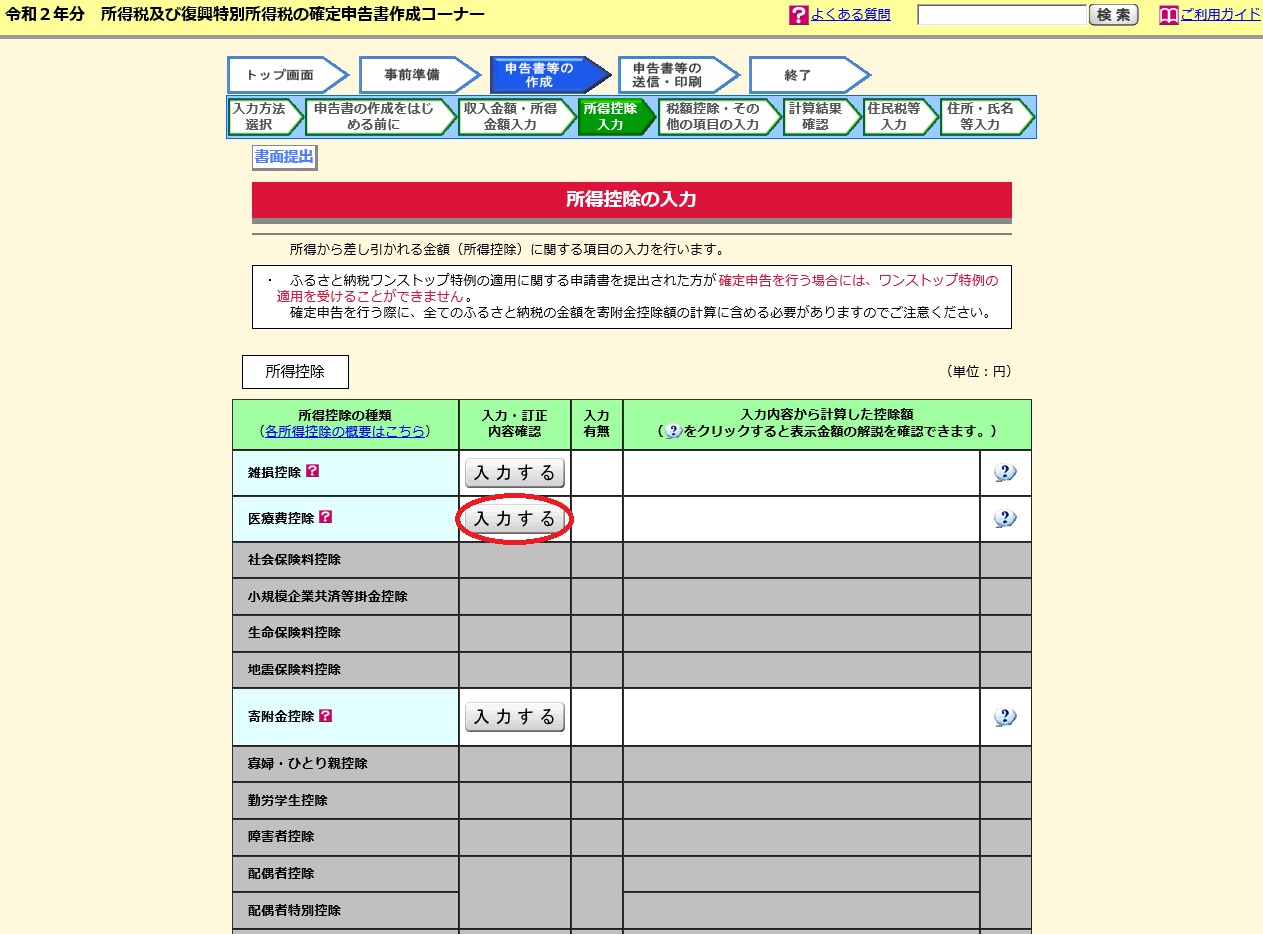Solo Business Owners: Steering Clear of Tax Reclassification Pitfalls
페이지 정보
작성자 Angelita Sikes 작성일 25-09-11 19:23 조회 4 댓글 0본문
Many solo business owners crave the autonomy that comes from managing their own company, but that freedom can be undermined by a hidden danger: tax reclassification.
If the IRS concludes that a company's structure does not represent its real activities, it can reclassify it for federal tax reasons.
Consequences may involve unforeseen tax bills, penalties, and a higher likelihood of audit.
Being aware of ways to dodge these reclassification traps is crucial for preserving your bottom line and tranquility.
Why Reclassification Happens
Reclassification typically happens when the IRS thinks a business’s legal structure does not mirror its actual operations. For instance, an entrepreneur might establish an LLC to gain liability protection and pass‑through tax treatment. However, if the LLC’s operations resemble a partnership or a corporation, the IRS may reclassify it as a partnership or a corporation. Similarly, a sole owner who opts for corporate status via Form 2553 but neglects corporate formalities can be reclassified as a sole proprietorship. Factors the IRS considers include ownership arrangement, management authority, profit allocation, and adherence to formalities when determining classification.
Common Traps for Solo Entrepreneurs
- Mixing Personal and Business Finances
- Neglecting Corporate Formalities
- Mislabeling Income and Expenses
- Over‑or Under‑Distribution of Profits
- Ignoring State and Local Requirements
Practical Steps to Avoid Reclassification
- Maintain Separate Accounts and Records
- Adhere to Corporate Formalities
- Use Correct Tax Forms and Elections
- Pay Reasonable Compensation
- Comply with State Regulations
- Keep Detailed Documentation
- Seek Professional Guidance
Understanding the Tax Implications of Reclassification
Reclassification often carries major tax consequences. Reclassification from an S‑C Corporation to a sole proprietorship can strip you of certain expense deductions and 法人 税金対策 問い合わせ subject all net income to self‑employment tax. Alternatively, if an LLC becomes a partnership, you must file separate partnership returns and issue K‑1s to yourself, raising administrative burdens. Reclassification can result in penalties for unpaid taxes and interest on overdue amounts.
Mitigating Reclassification Risk
Beyond compliance, there are strategic ways to reduce reclassification risk:
• Periodically compare your business structure to IRS guidelines; the IRS’s "Procedures for Classifying an Entity" is valuable.
• Keep an eye on changes to tax law. For instance, recent proposals to limit S‑C Corporation deductions for certain high‑income owners could alter the manner that their tax benefits are applied.
• Explore forming a single‑member LLC to obtain liability protection without corporate formalities. But if you intend to secure outside capital or partners, the LLC could be reclassified as a partnership.
• Busy entrepreneurs can automate compliance; many accounting platforms now offer reminders and document storage.
Real‑World Examples
Consider a solo entrepreneur, Jane, who opened a consulting business as an LLC and later elected S‑C Corporation status to reduce self‑employment tax. Jane failed to hold an annual meeting and did not file minutes. The IRS reclassified her corporation as a sole proprietorship, leading to a back tax liability and penalties. Had Jane maintained corporate formalities and documented her decisions, the IRS would likely have respected her election.
Another example involves a tech startup founder who operated as a single‑member LLC but distributed all profits as "owner’s draw" without a formal salary. The IRS reclassified the LLC as a partnership, requiring the filing of a Form 1065 and issuing a K‑1 to the owner. The owner was forced to pay additional taxes and faced a higher audit risk.

Conclusion
Solo business owners have the advantage of flexibility, but that flexibility comes with responsibility. Tax reclassification is a subtle threat that can undermine your financial stability if you are not vigilant. By keeping personal and business finances separate, adhering to corporate formalities, filing the correct elections, paying reasonable compensation, staying compliant with state laws, maintaining detailed documentation, and consulting with tax professionals, you can safeguard your business structure and avoid costly surprises. In the dynamic landscape of small‑business taxation, proactive compliance is not just a good practice—it is the key to preserving the independence and financial health that you built your venture upon.
- 이전글 The Ins And Outs Of Student Education Loans
- 다음글 야구중계실시간 【QQTV➁➃․COM】 중계 사이트 추천 중계 커뮤니티 모음 해외 스포츠 다시보기
댓글목록 0
등록된 댓글이 없습니다.
